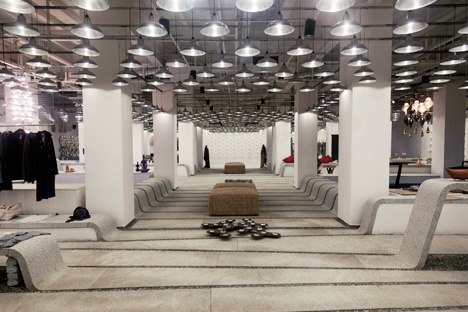"India needs to cash in on its handicrafts" says Made in… India exhibition co-curator
In the first of a series of movies from BE OPEN's Made In… India Samskara exhibition in New Delhi, exhibiting designers and co-curator Sunil Sethi discuss the importance of Indian craft and its significance in the modern world.
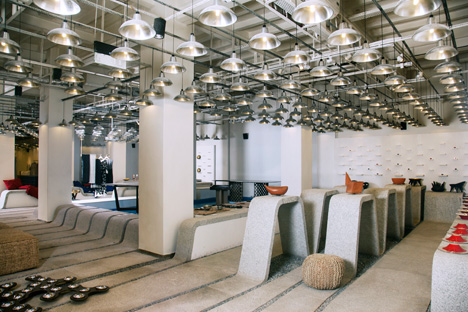
Fashion Design Council of India president Sunil Sethi, who curated the exhibition with creative think tank BE OPEN, explains that the aim of the show was to highlight the quality of products that are both designed and produced in India.
"BE OPEN has given a very nice platform to the Indian designer, in different disciplines, to be able to show their best," he says. "Traditional craftsmen - when they team up with an Indian designer - the product can be truly of an international quality."
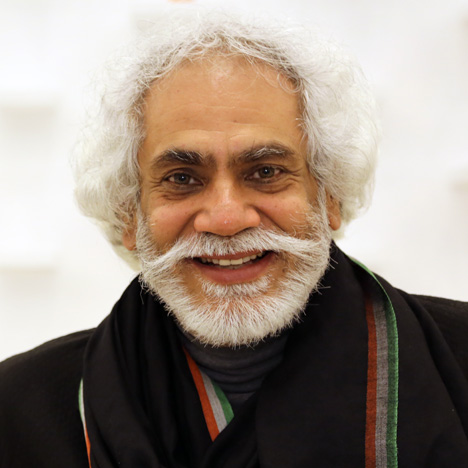
Sethi believes there is a demand for high-quality, hand-made products, which, with its rich craft tradition, India needs to take advantage of.
"I feel that, in the international market, the customer wants to take home something special," he says. "India needs to cash in on its handicrafts. That is the key thing to take from this exhibition."
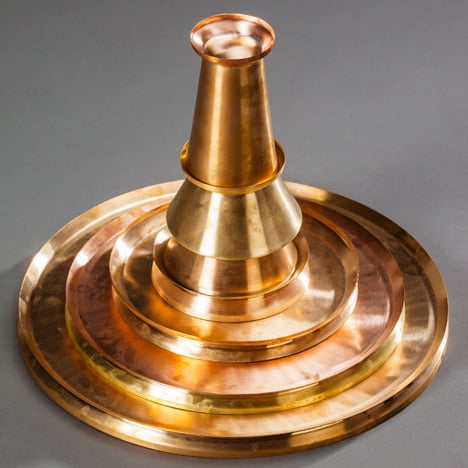
Products on show at the exhibition included homeware, lighting, clothes and textiles, as well as contemporary furniture, all made using traditional techniques.
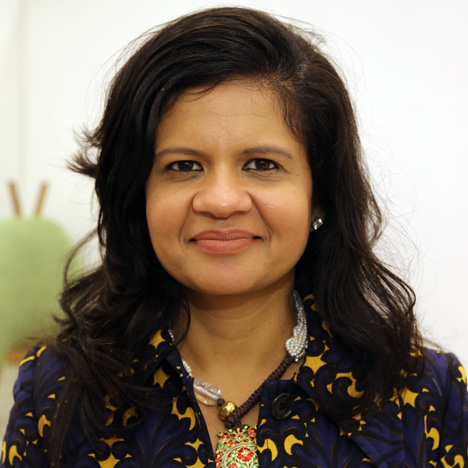
Delhi-based designer Gunjan Gupta presented a range of chairs made from everyday Indian objects, including laundry sacks and traditional Indian masand cushions.
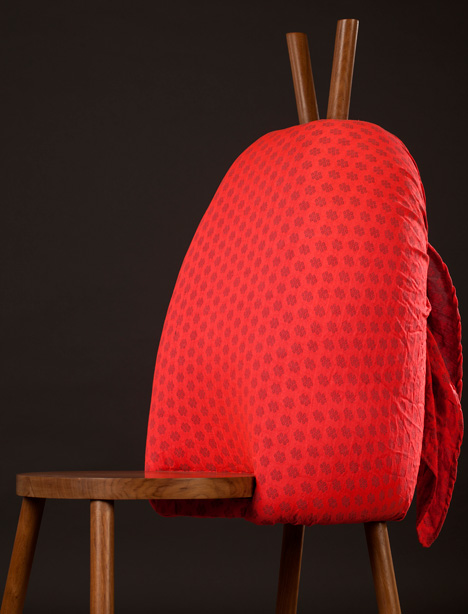
"I’m bringing craft back into the design vocabulary," she claims."It’s important for us as a rapidly modernising culture [not to lose traditional craft skills]. It’s also something that has extremely unique artisanal value around the world."
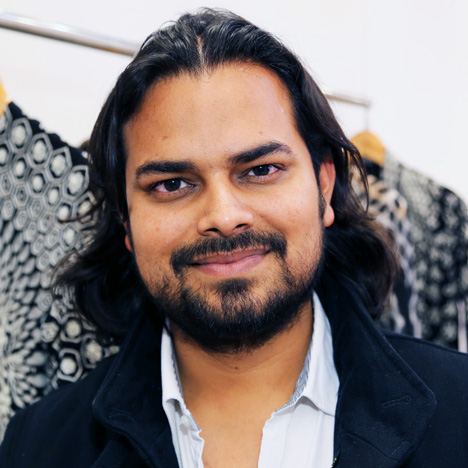
Fashion designer Rahul Mishra, who had a range of intricately-embroidered dresses on show, says that using traditional craft techniques is a way of boosting the economy in India’s countryside at a time when more and more people are flocking to overcrowded cities.
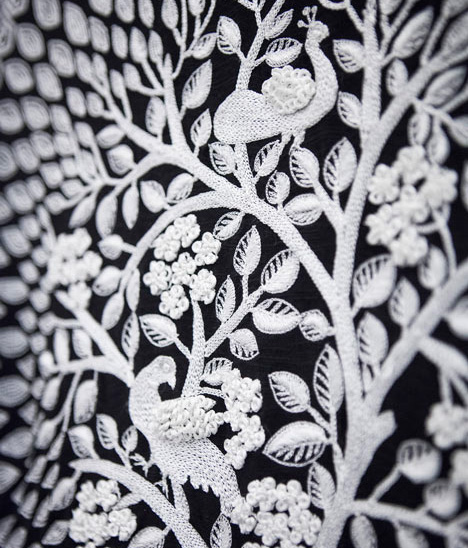
"The beauty of craft is that it allows a rural Indian - who has never been to a city, who has never been outside of his village - it gives him power to execute his artistry," he says. "I am here to create jobs in villages. Rather than just designing a product, if you can create a nice system, I think that is a job well done."
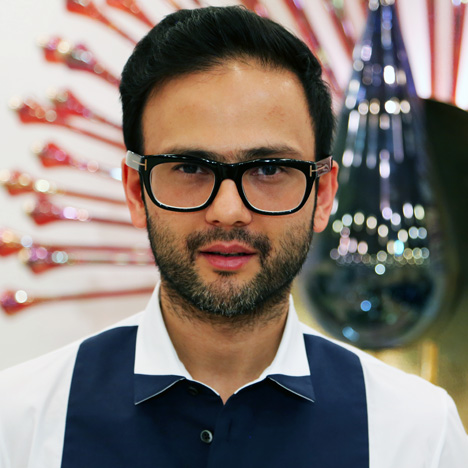
Prateek Jain of design studio Klove presented a peacock-shaped lighting installation made from glass produced by glass-blowers who usually make laboratory equipment.
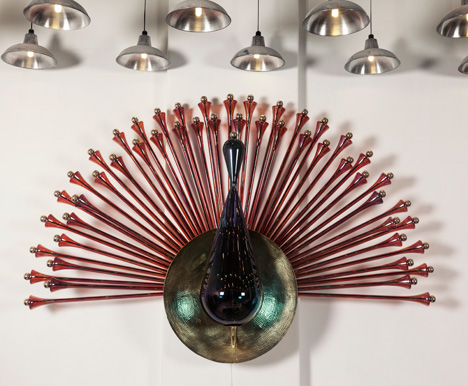
"We use skilled blowers to make our products who make scientific equipment for labs," he explains. "It’s a new way of applying a skill set that has been available to us for many years."
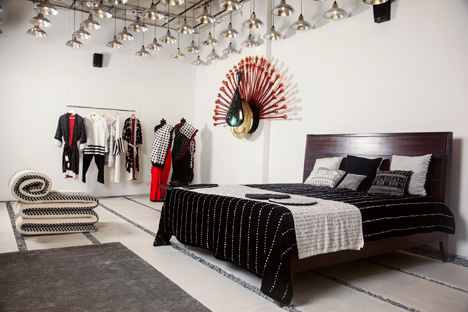
Samskara, which ran from 10 to 28 February at the Indira Gandhi National Centre for the Arts in New Delhi, launched BE OPEN’s Made In... programme, a two-year-long project focussing on the future of craft in design.
The music featured in the movie is a track called Bonjour by Kartick & Gotam on Indian record label EarthSync.
